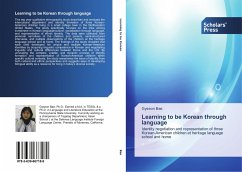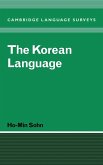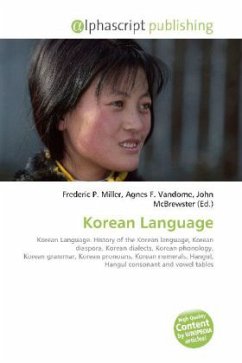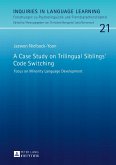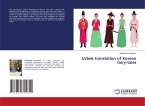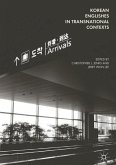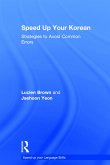This two year qualitative ethnographic study describes and analyzes the intercultural adjustment and identity formation of three Korean-American children living in a small college town in the Northeastern United States. The study specifically focuses on the links among investment in Korean language/culture, socialization through language, and representation of ethnic identity. The data were collected from personal narratives of the children and parents, semi-structured interviews, and multiple observations of the children at the heritage language school and at home. The findings of the study revealed that each child developed his unique and multiple Korean-American identities by acquiring linguistic competence in Korean and negotiating linguistic and cultural differences between Korea and the U.S. By unraveling the complex, volatile, and dynamic process of identity formation and representation of Korean-American children within specific cultural contexts, the study reexamines theissue of identity from both cultural and ethnic perspectives and suggests ways of developing bilingual ability as a resource for living in today's diverse society.
Bitte wählen Sie Ihr Anliegen aus.
Rechnungen
Retourenschein anfordern
Bestellstatus
Storno

